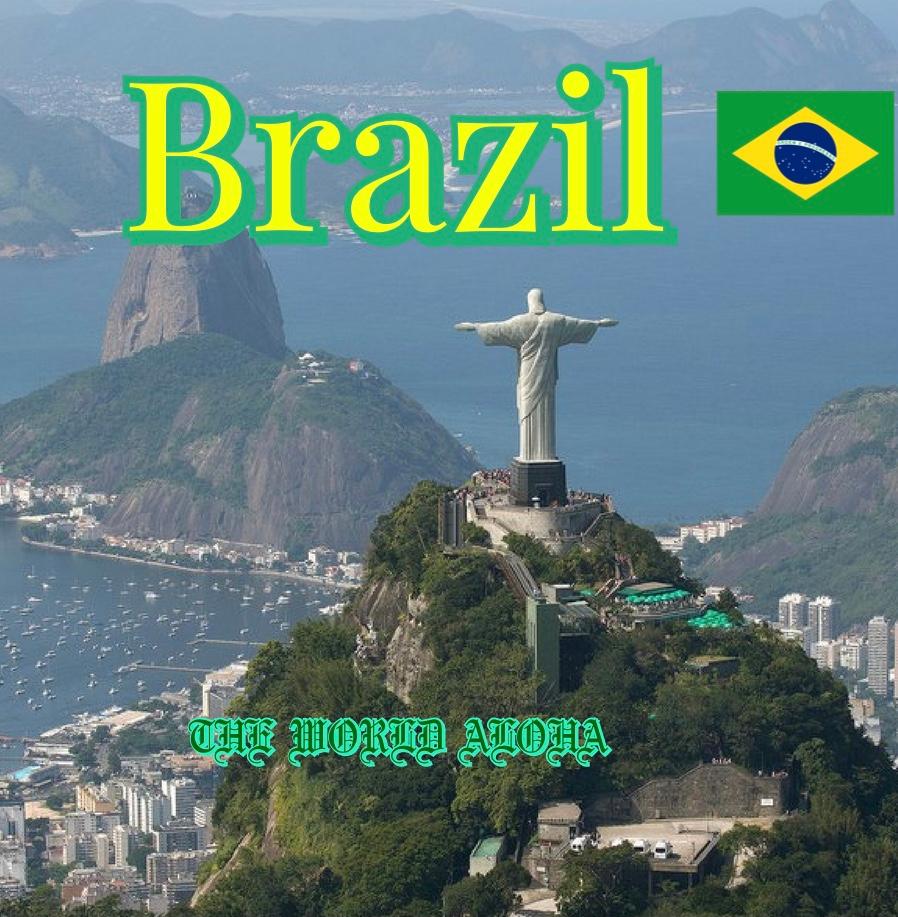|
Brazil has a fascinating journey that encompasses indigenous cultures, colonial exploitation, the slave trade, and the eventual struggle for independence. From its discovery by the Portuguese in the 16th century to its transformation into a modern, diverse nation, Brazil's history has been shaped by a multitude of influences.
0 Comments
|
AboutWorld is dedicated to the subject of World History of Nations around The World! CategoriesSearch by Month
October 2020
|

 RSS Feed
RSS Feed